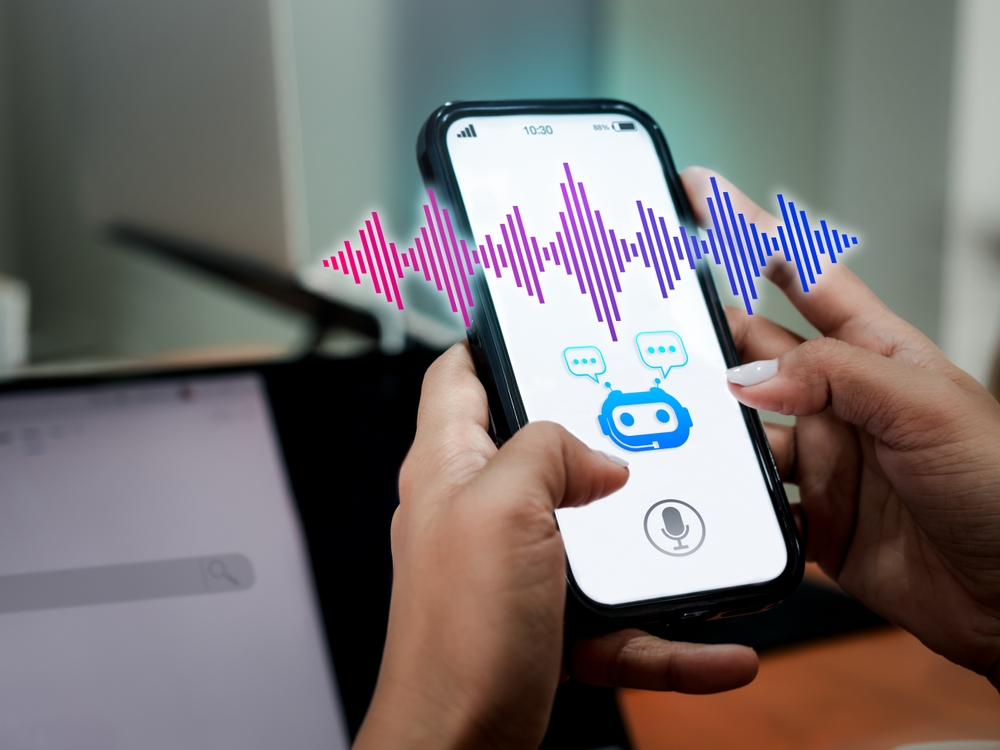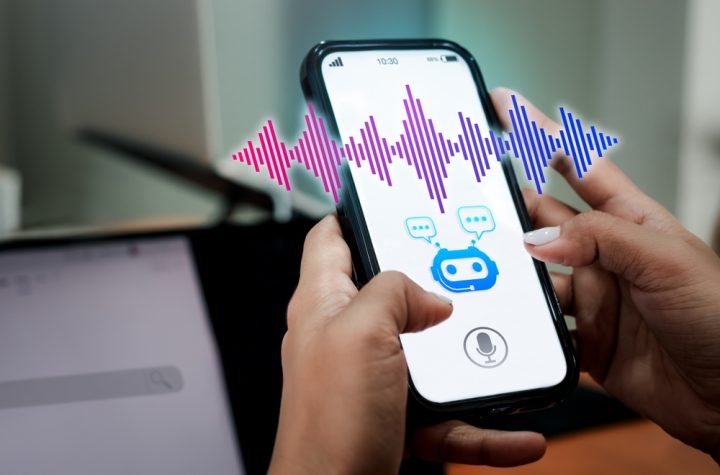
Artificial intelligence (AI) is transforming various sectors, with healthcare being one of the most affected by this technological evolution. AI-driven listening tools, such as speech recognition, natural language processing, and voice-activated assistants, are increasingly being integrated into patient care settings. These tools leverage AI’s ability to process and understand human language, offering numerous benefits for patients, healthcare providers, and healthcare systems as a whole. This summary explores the impact of AI listening tools on patient care, highlighting their contributions to improving healthcare outcomes, enhancing patient experiences, and streamlining operational efficiency.
AI Listening Tools for Enhanced Diagnostics
AI listening tools, especially those powered by advanced speech recognition and natural language processing, are revolutionizing the way medical professionals diagnose and monitor patients. One key application is the analysis of patient voice patterns and speech for early diagnosis of conditions like neurodegenerative conditions, depression, or respiratory disorders. AI can analyze voice nuances, speech rate, and patterns of speech to detect anomalies that may indicate underlying health conditions.
For instance, AI systems can be trained to recognize changes in a patient’s voice that are indicative of Parkinson’s disease, enabling earlier detection and intervention. This is particularly important because early diagnosis allows for better management of these conditions, improving the quality of life and extending patient longevity.
Moreover, AI listening tools are capable of processing vast amounts of patient data from voice recordings, assisting healthcare providers in identifying trends and patterns that might be missed through traditional diagnostic methods. These systems can flag potential issues before they become clinically evident, providing a proactive approach to patient care.
Improved Communication with Patients
One of the most significant impacts of AI listening tools in patient care is their ability to bridge communication gaps between patients and healthcare providers. Effective communication is essential in healthcare settings for understanding patient needs, explaining treatment options, and ensuring patient compliance with medical instructions. However, language barriers, hearing impairments, and cognitive limitations can make communication difficult.
AI-powered tools, such as real-time translation services, speech-to-text transcription, and AI-driven voice assistants, can greatly improve interactions in diverse and multilingual healthcare settings. These tools help break down language barriers, allowing patients who speak different languages to receive care without the need for a human translator. For example, AI-driven translation tools can instantly translate speech from a doctor or nurse into the patient’s native language, ensuring that patients understand medical instructions, diagnosis, and treatment options accurately.
Additionally, speech-to-text technology can allow healthcare providers to record patient interactions efficiently, enabling them to focus more on the patient rather than on documentation. This increases the accuracy of medical records and ensures that all relevant information is captured, reducing the risk of medical errors and miscommunication.
AI Listening for Patient Monitoring and Safety
AI listening tools are also playing an increasingly important role in patient monitoring, particularly for those who are bedridden or under intensive care. Advanced AI-driven systems can listen for specific sounds such as changes in respiratory patterns, coughing, or distress calls. For example, AI systems can detect irregular breathing patterns in real-time, alerting medical staff to the potential onset of respiratory distress or a medical emergency like a stroke or heart attack.
In addition to monitoring for physiological sounds, AI listening tools can also listen for signs of patient discomfort, agitation, or distress. This is especially important in environments like intensive care units (ICUs) or psychiatric wards, where patients may be unable to communicate their needs effectively. AI systems can detect vocalizations or sounds that indicate pain, anxiety, or confusion, prompting medical staff to take appropriate action.
Furthermore, AI listening tools integrated into wearable devices can track patient vitals and notify healthcare providers of critical changes in real-time. This continuous monitoring ensures that healthcare providers are always aware of a patient’s condition, allowing for timely interventions and reducing the risk of complications.
Enhancing Clinical Documentation and Workflow Efficiency
Clinical documentation is a critical yet time-consuming aspect of patient care. Doctors, nurses, and other healthcare providers spend a significant portion of their time entering patient data into electronic health records (EHRs). This administrative burden can detract from patient care and result in burnout for healthcare professionals.
AI-powered speech recognition tools are streamlining the documentation process by allowing healthcare providers to dictate notes and instructions directly into the EHRs. These AI tools transcribe spoken language into written form in real-time, saving healthcare workers time and reducing errors associated with manual data entry. This allows providers to focus more on patient interactions and clinical decision-making, improving both patient care and workflow efficiency.
In addition to transcription, AI can assist in the analysis of clinical notes. Natural language processing algorithms can sift through vast amounts of medical data, such as EHRs, to extract important information, recognize trends, and flag issues. This supports clinical decision-making by offering insights and recommendations based on large datasets, enhancing accuracy and reducing the likelihood of missed diagnoses.
Ethical and Privacy Considerations
While AI listening tools offer numerous benefits, their use also raises concerns related to patient privacy, data security, and ethical implications. The collection and analysis of voice data, especially in sensitive healthcare settings, must be handled with care to avoid breaches of patient confidentiality.
Healthcare providers must ensure that AI systems comply with privacy regulations such as the Health Insurance Portability and Accountability Act (HIPAA) in the U.S. This includes safeguarding voice recordings, maintaining secure data storage, and ensuring transparency about how patient data is being used. Additionally, AI tools must be designed with fairness and accountability in mind, avoiding biases that could negatively impact patient care or outcomes.
Potential to
AI listening tools are making significant strides in improving patient care across a range of healthcare settings. From enhancing diagnostics and patient monitoring to improving communication and clinical efficiency, these tools are revolutionizing how healthcare providers interact with patients and manage their care. AI-driven voice analysis and speech recognition technology offer early detection of health issues, improve the accuracy of medical documentation, and increase patient engagement in their own health management.
However, the integration of AI listening tools in patient care also raises important questions regarding data privacy and ethical considerations. As these technologies continue to evolve, it is crucial to strike a balance between harnessing their potential and ensuring that patient rights and wellbeing are always prioritized. When implemented thoughtfully and responsibly, AI listening tools have the potential to significantly enhance the quality of care and patient outcomes in healthcare.




More Stories
Leveraging Data to Optimize Care Coordination
EHR Interoperability – Is it as difficult as it sounds?
From Paper to Pixels: The Fascinating Evolution of Electronic Health Record